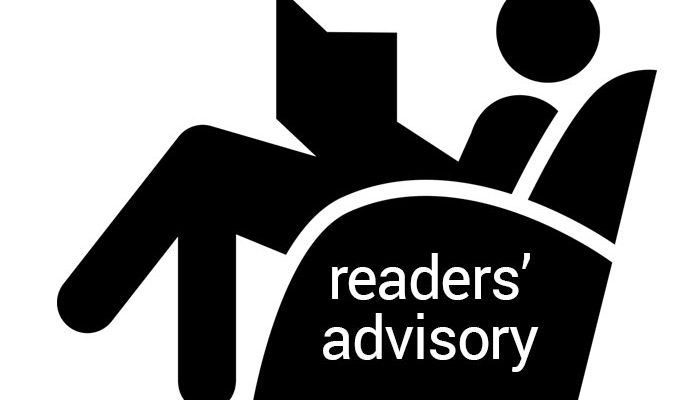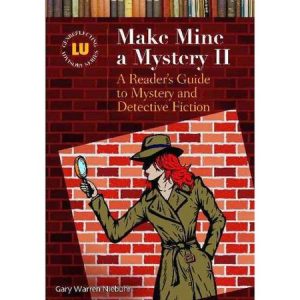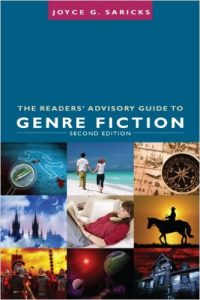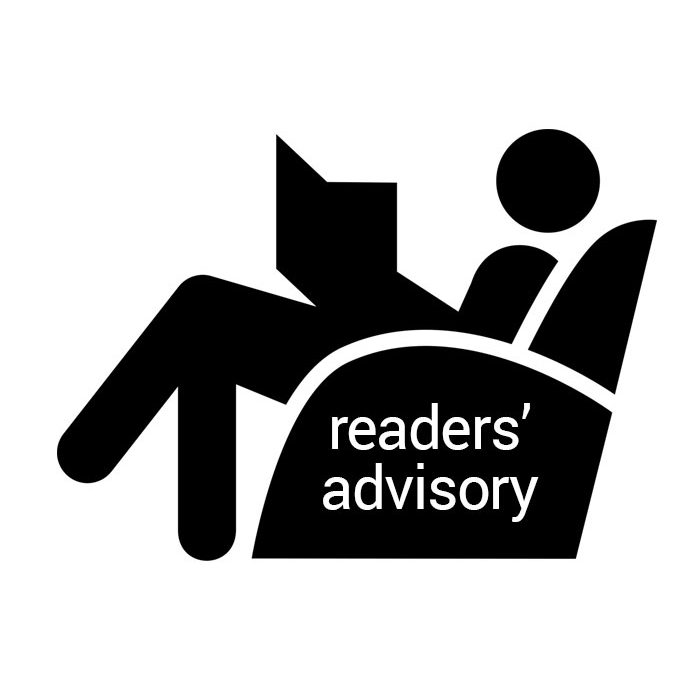It’s a new year and a great time for making reading resolutions. One form this resolution may take is to respond to a Reading Challenge. Taking this type of challenge can not only be fun, but also a great opportunity to change some of our entrenched reading habits.

“So Many Books, So Little Time”: Creating Your Own Genre Plan
The results from Library Journal’s survey of readers’ advisors, “The State of Readers’ Advisory“, suggest that “the biggest cause of RA angst is keeping up with books and genres.” Staying abreast of the ever-increasing volume of books published each year is an impossible task. But because we work in libraries, our customers expect us to be knowledgeable about books. Although we know that there are a variety of tools to help us make suggestions, most of us would feel more confident if we also had a personal store of books we could draw upon.
Yet becoming a well-read readers’ advisor seems like a daunting ambition. But just because we cannot read everything, does not mean we should give up.
Reading books takes time, and is not something most people can do during work hours. No one wants to take work home, but fortunately, recreational reading is a leisure pursuit for many people. Those who enjoy reading books and would read for pleasure anyway, should consider it a satisfying hobby that benefits them both personally and professionally. Even if you have very little time to read, you can still make good use of it by adding some structure and reflection to the time you have. It is also helpful to think in terms of the big picture and an extended time frame. Becoming a well-read readers’ advisor will not happen overnight.
Because our readers often ask for books by genre, we too should consider reading books by genre. Consider creating a plan for reading that is realistic and not onerous. One possibility is to read books in a genre that you like, and do so for a year. Even if you only read a few books, you will start to notice characteristics of the genre. Then switch to another enjoyable but less familiar genre for the next year. By continuing in this fashion, you will become familiar with some of the characteristics and appeal factors of different genres. Keeping a list of the books you have read can motivate you as your list grows longer and you see progress. It can also serve as a memory jog in an RA interview. Adding a couple of brief notes about what you liked about a book will help you identify appeal elements for readers. Keep this list and notes as simple as possible, otherwise it will become a chore.
 Although we can learn much about a genre by reading the books in it, we can augment this knowledge with do-it-yourself genre training. Twenty-three percent of respondents in Library Journal’s survey of Readers’ Advisors said their libraries provided no RA training. Fortunately, there are a number of resources that you can use to teach yourself. If your library subscribes to Novelist, you have access to concise, useful articles about each of the genres. For example, in “Getting Up to Speed in Dystopian Fiction,” Michael Nilsson identifies eight key novels and five key authors. He answers questions such as, “What is Dystopian Fiction?” “What do people like about Dystopian Fiction?” and “How do I Help Dystopian Fiction fans?” Reading this article before delving into the books can help direct your reading.
Although we can learn much about a genre by reading the books in it, we can augment this knowledge with do-it-yourself genre training. Twenty-three percent of respondents in Library Journal’s survey of Readers’ Advisors said their libraries provided no RA training. Fortunately, there are a number of resources that you can use to teach yourself. If your library subscribes to Novelist, you have access to concise, useful articles about each of the genres. For example, in “Getting Up to Speed in Dystopian Fiction,” Michael Nilsson identifies eight key novels and five key authors. He answers questions such as, “What is Dystopian Fiction?” “What do people like about Dystopian Fiction?” and “How do I Help Dystopian Fiction fans?” Reading this article before delving into the books can help direct your reading.
Libraries Unlimited’s Genreflecting Series and the American Library Association’s Readers’ Advisory Series each contain highly useful books about individual genres. Every text contains a wealth of material about characteristics, subgenres, and appeal elements. Make Mine a Mystery II: A Readers’ Guide to Mystery and Detective Fiction, for example, identifies subgenres such as amateur, public, and private detectives. These subgenres are further divided into categories such as “lone wolf police detectives” and “lawyer detectives.”
One of the single-most-helpful books about genres and their characteristics is Joyce G. Saricks’s The Readers’ Guide to Genre Fiction (2009). In each of the 15 genres she covers, she discusses genre characteristics, appeal elements, key authors, the readers’ advisory interview, and “sure bets” suggestions. Learning more about a genre may inspire you to read books in it, and even dispel preconceived ideas about it, ideas that may be preventing you from reading books you might enjoy.
In “The State of Readers’ Advisory,” Thorton-Verma and Schwartz observe that “lack of training came up many times as an impediment to solid RA service.” Do not let this lack of formal training undermine confidence in your ability to work with readers. Teaching yourself about genres and reading enjoyable books is something you can do to feel more preapared as a readers’ advisor.
Pauline Dewan is a Laurier/Nipissing liaison librarian at the Brantford campus. She has a PhD in English, a passion for reading, and a love of children’s literature. She is the author of The House as Setting, Symbol and Structural Motif in Children’s Literature and The Art of Place in Literature for Children and Young Adults: How Locale Shapes a Story.
